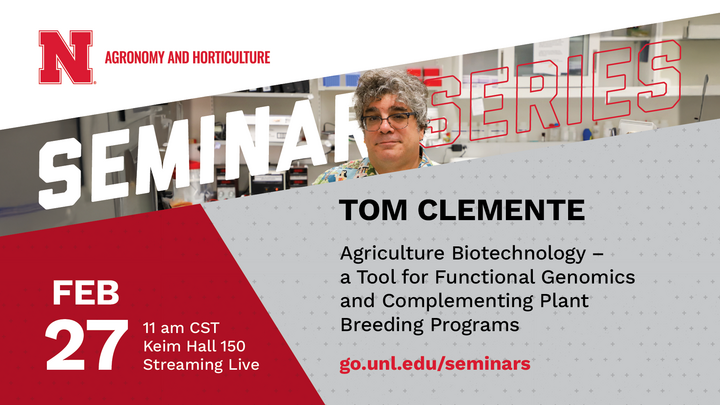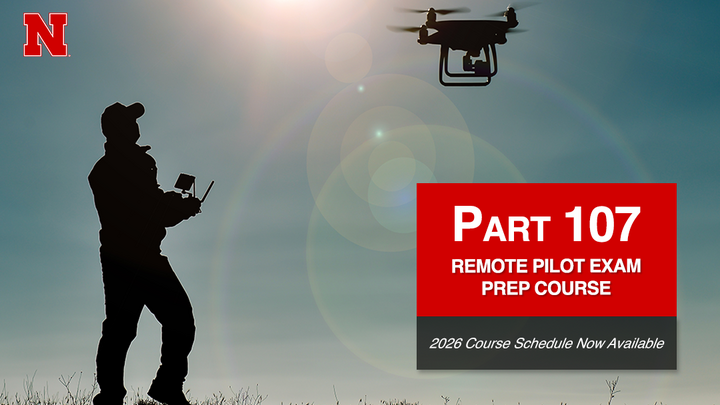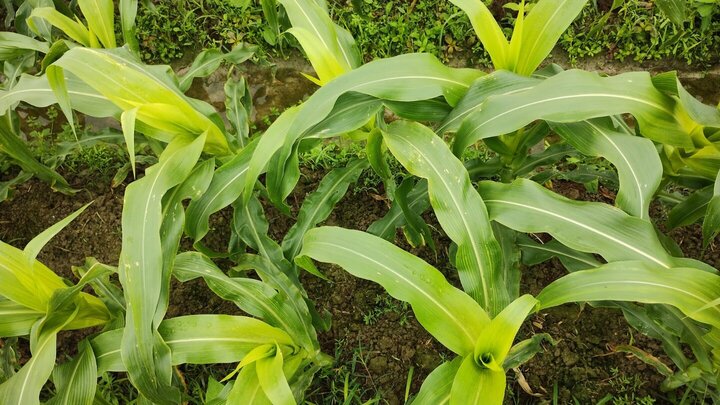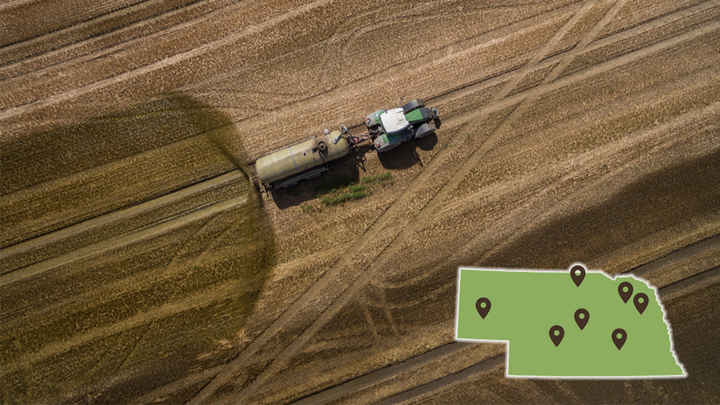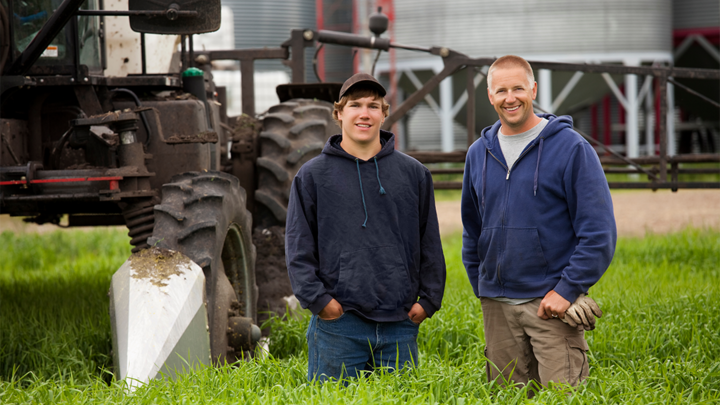The spring Agronomy and Horticulture seminar series is underway, with the next seminar by Thomas Clemente, professor and director of the UNL Plant Transformation Core Research Facility, scheduled for Thursday, Feb. 27.
Clemente’s presentation, “Agriculture Biotechnology — A Tool for Functional Genomics and Complementing Plant Breeding Programs” will explore how biotechnology is revolutionizing traditional plant breeding programs to create more resilient, high-yield crops. By integrating cutting-edge techniques such as genetic engineering, marker-assisted selection, and gene editing, researchers are accelerating the development of crops with improved disease resistance, environmental adaptability and nutritional value. Clemente will review key benefits, challenges and future potential of complementing conventional breeding with biotechnological advancements to address global food security and climate change.
All seminars are free and open to the public, beginning at 11 a.m. CST/CDT on Thursdays in Room 150 of Keim Hall, 1825 N. 38th St., Lincoln, Nebraska. Refreshments will be served at 10:30 a.m.
The seminars are also streamed live and recorded unless otherwise noted.
Dates and topics for the spring series are as follows, with recordings of the Feb. 13 and 20 seminars to post to the seminar site soon for on-demand viewing:
- Feb. 13: “Metamitron, Six Years in the Making: Palmer Amaranth Control in Sugar Beet,” Nevin Lawrence, extension weed management specialist, Department of Agronomy and Horticulture, University of Nebraska–Lincoln.
- Feb. 20: “Designing Nitrogen-Use Efficient Maize Using a Population Genomics Approach,” Jinliang Yang, associate professor and Charles O. Gardner Professorship of Agronomy, Department of Agronomy and Horticulture, University of Nebraska–Lincoln.
- Feb. 27: “Agriculture Biotechnology — A Tool for Functional Genomics and Complementing Plant Breeding Programs,” Thomas Clemente, Eugene W. Price Distinguished Professor of Biotechnology, Department of Agronomy and Horticulture, University of Nebraska–Lincoln.
- March 6: “The Role of Conservation Management in Nitrogen Balance: Findings from the UNL-NRCS Collaboration,” Adewole Adetunji, postdoctoral research associate, Department of Agronomy and Horticulture, University of Nebraska–Lincoln.
- March 13: “What We Learned From Three Years of Growing Tye, Vetch and Mixture in Eastern Nebraska Under Variable Precipitation Seasons,” Tauana Ferriera De Almeida, postdoctoral research associate, Department of Agronomy and Horticulture, University of Nebraska–Lincoln.
- March 27: “Water or Wisdom? Tackling Agriculture Sustainability in Türkiye,” Denize Istipliler, assistant professor, Department of Field Crops, Ege University, Izmir, Turkey.
- April 3: “Ecometabolomics and Plant Response to Climate Change,” Noure Benkeblia, professor of crop science, director of the Laboratory of Crop Science, Department of Life Sciences, Caribbean Centre for Research in Bioscience, the University of the West Indies at Mona, Jamaica.
- April 10: “Effects of High Temperature on Rice Grain Development and Quality Formation Based on Comparative Genotype Analysis,” Julie Thomas, research scientist, director of the Experiment Station, Crop, Soil, and Environmental Sciences, University of Arkansas.
- April 17: “Herbicide Resistance,” Peter Sikkema, professor emeritus, Field Crop Weed Management, University of Guelph, Canada.
For questions, contact Tamara “Toma” Sukhova, Agronomy and Horticulture Seminar Committee, Dirac Twidwell or Christian Stephenson, co-chairs of the Agronomy and Horticulture Seminar Committee.
